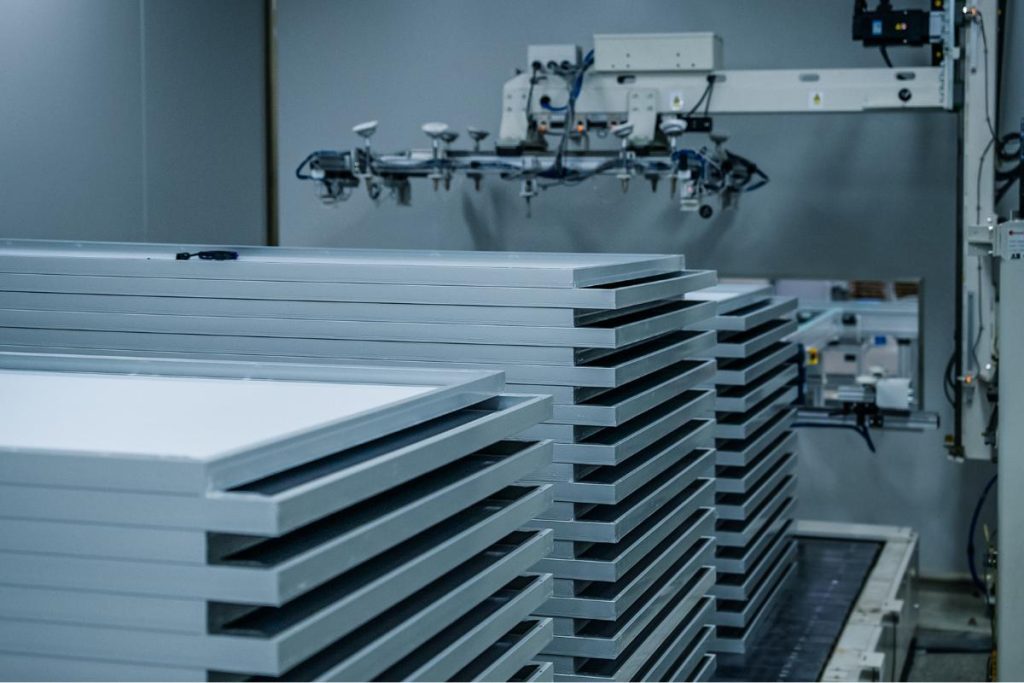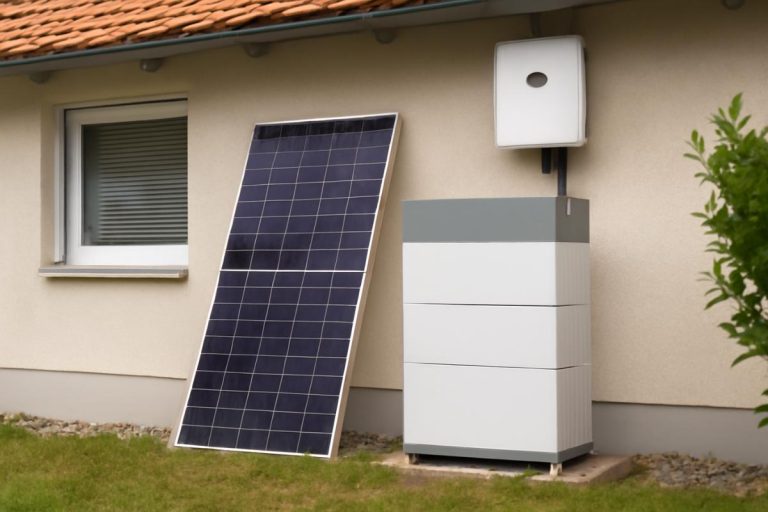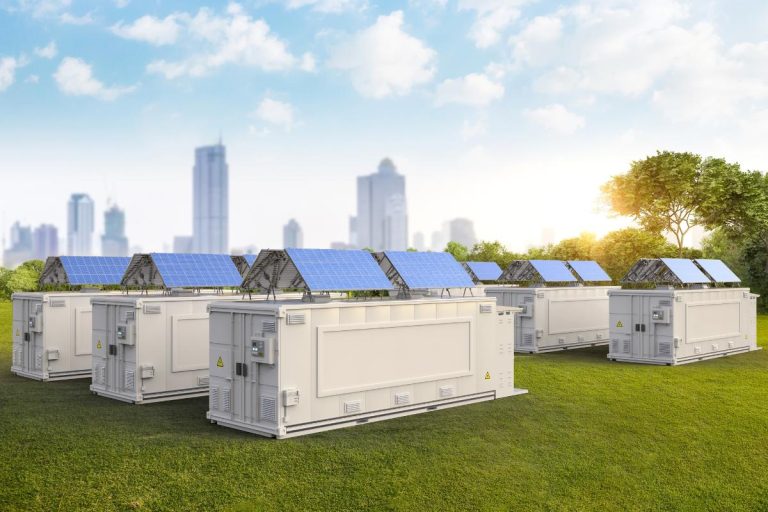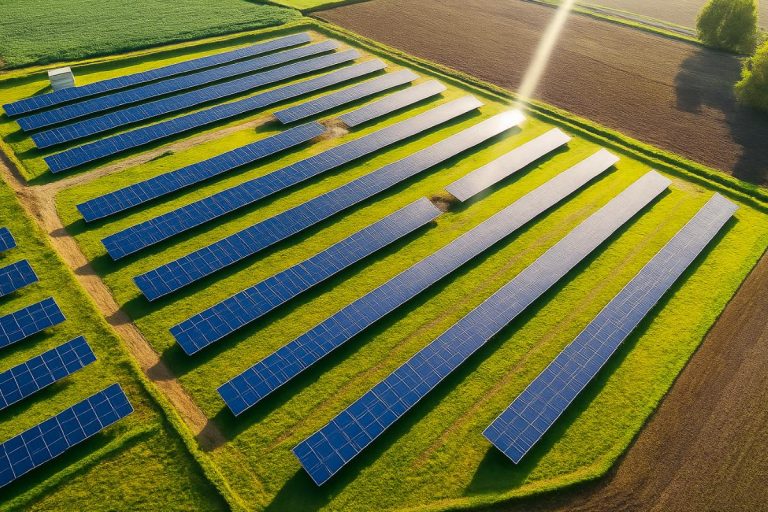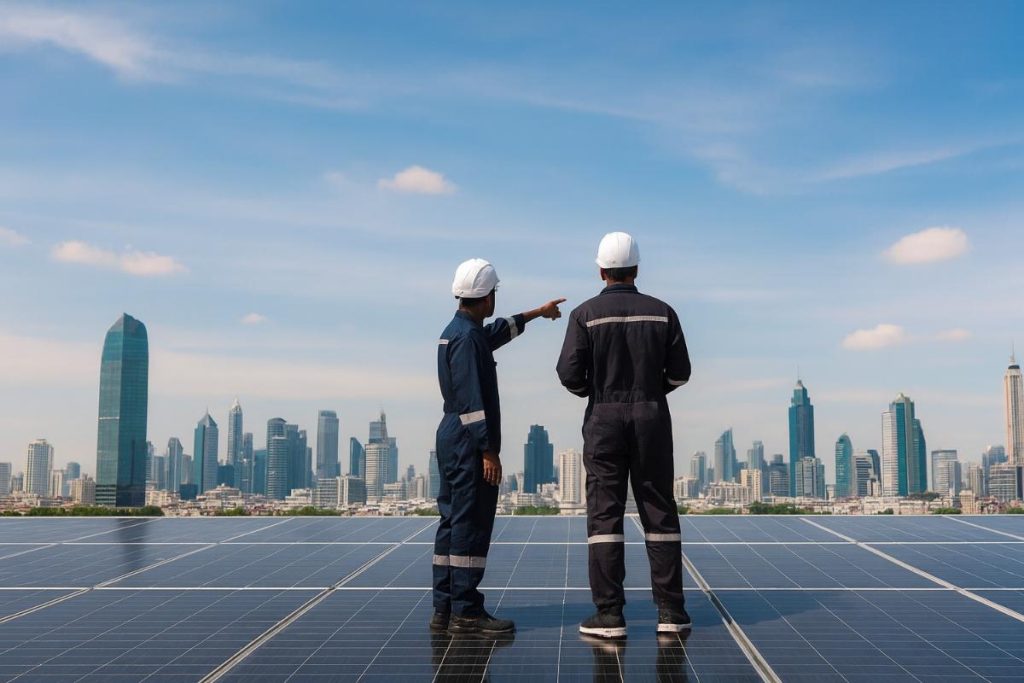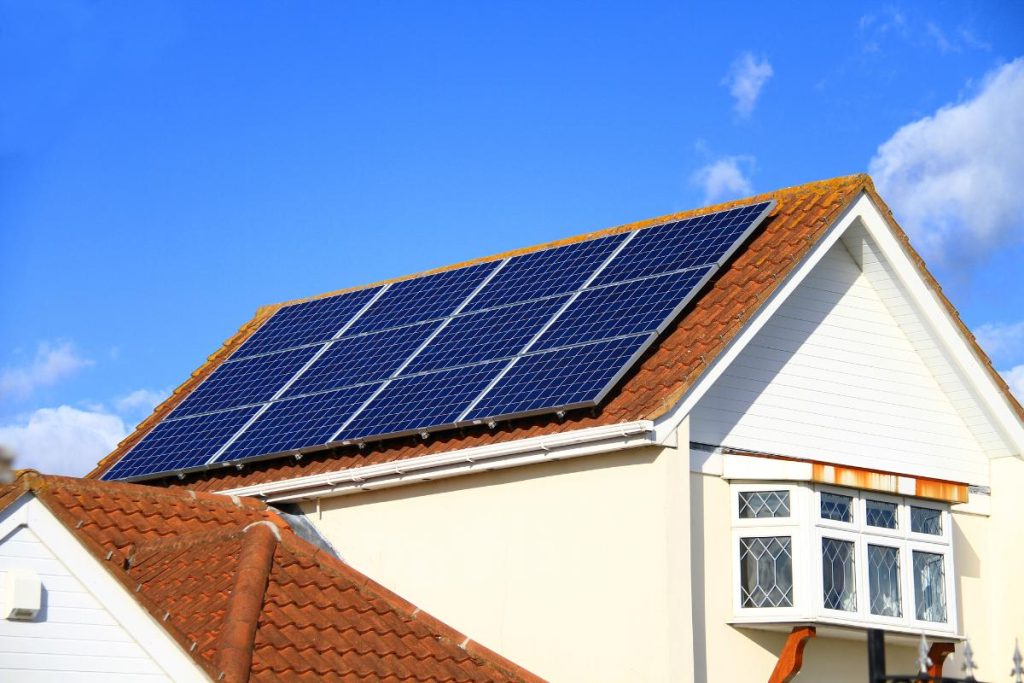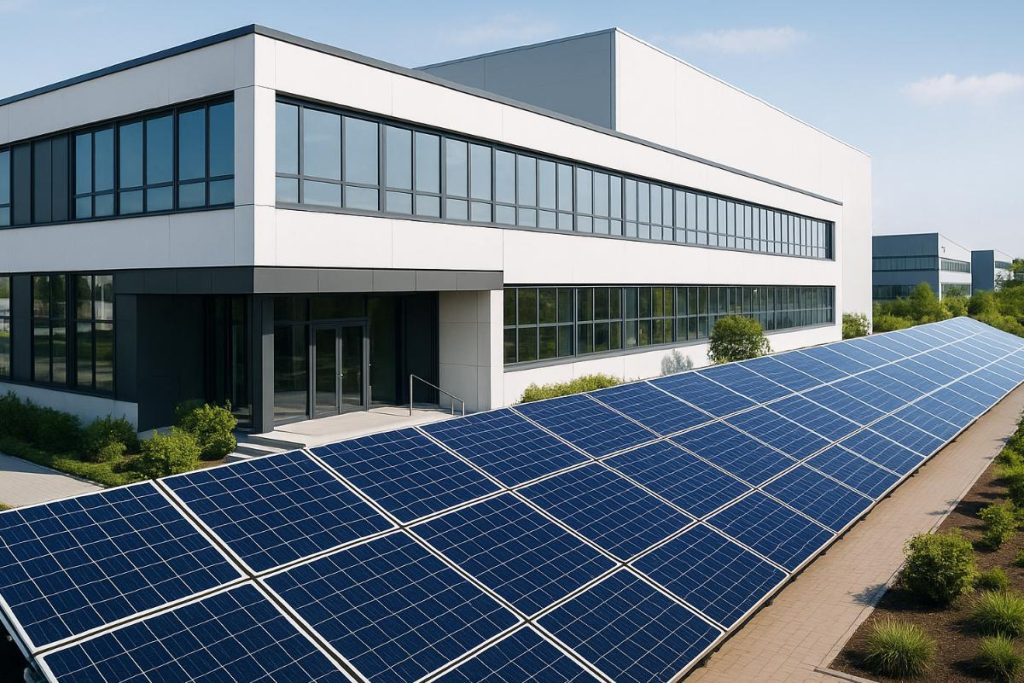You've probably asked yourself from how many kwh solar energy pays off. That's because, in recent years, many people have become interested in solar energy, both here in Brazil and in the rest of the world. After all, more and more people and companies want to save money on their electricity bills and help the environment at the same time.
But before investing in a photovoltaic system, it's important to know whether it's really worth it financially. This will depend on how much energy you need to generate for the investment to pay off. In this article, you'll learn how to make this calculation and assess whether solar energy pays off in each case.
What is solar energy and how does it work?
Solar energy is electricity generated from sunlight. It works through a system called photovoltaics, which converts solar energy into electrical energy.
The photovoltaic system consists mainly of three parts: the solar panels, the inverter and the bidirectional meter. The panels capture sunlight and transform it into electric current. The inverter converts this current into a format that can be used in your home or business.
The bidirectional meter, on the other hand, controls how much energy you consume and how much is generated for the electricity grid, allowing you to save on your electricity bill. With this simple system, you can generate your own electricity, reducing your dependence on the energy supplied by the utilities.
Read more on: How solar energy works
What influences the viability of solar energy
The viability of residential solar energy or commercial depends on factors such as initial cost, panel efficiency, regional solar irradiation, local energy tariffs and tax incentives.
Let's discuss some of these points in more detail:
Initial installation cost
The cost of installing a solar system includes solar panels, inverters and other components. However, it's a long-term investment that pays off in terms of savings on your electricity bill.
Understand how to make a solar energy budget.
Efficiency of solar panels
The efficiency of photovoltaic modules, i.e. their ability to convert sunlight into electricity, varies according to the technology used. More efficient panels generate more energy, even in areas with less sun.
Solar irradiation rate in the region
The amount of sunlight that a region receives throughout the year, called solar irradiation, is fundamental. Regions with more sunlight have greater potential to generate energy, making the system more viable.
Local electricity tariff
The savings generated by solar energy depend on how much you currently pay for electricity. In regions where electricity tariffs are high, the return on investment in solar energy tends to be quicker.
Possibility of financing or tax incentives
Governments often offer tax incentives or easier financing conditions for those who install solar systems. One of the main incentives is the FINAME from the BNDES, which offers attractive financing conditions for the purchase of solar energy equipment manufactured in Brazil.
These factors should be analyzed together, helping to determine whether solar energy is a good choice for your specific situation.
How to calculate energy consumption in kWh?
To calculate monthly consumption in kWh, identify the power of the appliance in watts, convert it to kW, multiply it by the hours of daily use and then by the days of the month. Add up the consumption of all the appliances to obtain the monthly total.
Check out the full step-by-step below!
What is kWh?
kWh, or kilowatt-hour, is a unit of energy that measures electricity consumption over time. To understand it better, imagine that the power of an appliance (measured in watts or kilowatts) is the "force" with which it consumes energy. The kWh, in turn, shows how much energy that appliance has used after being switched on for a certain period.
For example, if a 100-watt light bulb (0.1 kW) is on for 10 hours, it consumes 1 kWh (0.1 kW x 10 h = 1 kWh). This means that 1 kWh is the energy used by a 1,000 watt (1 kW) appliance running for 1 hour.
In practice, electricity bills use kWh to calculate how much you have consumed during the month. The more appliances you use and the longer you use them, the higher your kWh consumption will be and, consequently, the amount of your bill. Understanding kWh helps you control your energy consumption and save money!
How do you calculate your monthly consumption in kWh?
It may seem like it, but it's not difficult to calculate. Check it out to find out how many kWh solar energy pays for:
- Identify the power of the appliance: check the power in watts of the appliances you use. This information is on the product label.
- Calculate consumption per hour: multiply the appliance's power in kilowatts by the number of hours it is used per day. For example, a 200-watt TV used for 5 hours consumes 1 kWh per day.
- Calculate monthly consumption: multiply daily consumption by the number of days in the month. In the case of a TV, 1 kWh per day results in 30 kWh per month.
- Add up the consumption: repeat the calculation for all the appliances and add them up to find the total consumption.
Calculating in practice
Let's say you have the following devices:
- Refrigerator: 150 watts, on 24 hours a day.
- Television: 200 watts, on 5 hours a day.
- Air conditioning: 1000 watts, on 8 hours a day.
Calculating:
- The fridge consumes 3.6 kWh per day, for a total of 108 kWh per month.
- The television consumes 1 kWh per day, totaling 30 kWh per month.
- The air conditioning consumes 8 kWh per day, totaling 240 kWh per month.
- Add it all up and your monthly consumption would be 378 kWh.
Whether your monthly consumption is 100 kWh or 1000 kWh, solar energy can be advantageous. Those who consume less can reduce their electricity bill to almost zero, while those who consume more can see even more significant savings.
From how many kWh does solar energy pay for?
Solar energy pays off for all levels of consumption, whether low, medium or high. It's a smart investment, regardless of how many kWh you consume each month.
Let's take a closer look at how this works in different consumption ranges:
Low consumption (up to 900 kWh/month)
Solar energy is advantageous for those with low consumption (up to 900 kWh/month) because it significantly reduces the electricity bill. Even with a smaller system, the investment is proportional to consumption, making it more affordable. Savings start as soon as the system is installed, and the payback is quick, especially in regions with high energy tariffs.
What's more, the surplus energy generated can be credited to the bill, guaranteeing even greater savings. With a long lifespan (25+ years) and low maintenance, solar energy is a sustainable and economical option for low-consumption consumers.
Average consumption (over 1000 kWh/month)
For average consumers, solar energy is highly advantageous due to the greater scale of savings. The system can cover a large part of consumption, drastically reducing the electricity bill. The investment, although higher, pays for itself in a few years, especially with high tariffs.
Surplus energy can be used as credit, and in the long term, the cost-benefit ratio is excellent, with low maintenance and a long service life.
High consumption (over 5000 kWh/month)
For those who consume a lot, solar energy is extremely advantageous, as the cost of conventional electricity is very high. A well-sized solar system can cover a large part of consumption, generating significant savings.
The initial investment is higher, but the return is quick due to the high energy tariff. In addition, companies can benefit from tax incentives and improve their image with clean energy. In the long term saving with solar energy and sustainability make it a smart choice.
Solar energy is affordable for everyone
Solar energy is accessible to everyone because it can be adapted to different consumption profiles, from low-use homes to high-consumption companies. For low-income or low-consumption consumers, smaller systems and easy financing, such as that offered by the BNDES, make the investment viable.
For medium and high consumers, the savings generated quickly offset the initial cost, especially in regions with high energy tariffs.
Other important points include tax incentives and the possibility of credits for surplus energy. With a long lifespan, low maintenance and environmental benefits, solar energy is an economical and sustainable option for everyone.
Now that you know how many kWh solar energy compensates for, find out how this solution can be affordable for everyone
Regardless of your consumption profile, solar energy is a great choice. Over time, the savings generated offset the initial cost in all cases, and you still contribute to a more sustainable future.
If you want to know more about how solar energy can transform your finances, we invite you to contact us. contact BYD and get to know our solutions. With expertise in solar solutions, we can help you find the ideal system for your consumption and needs!

